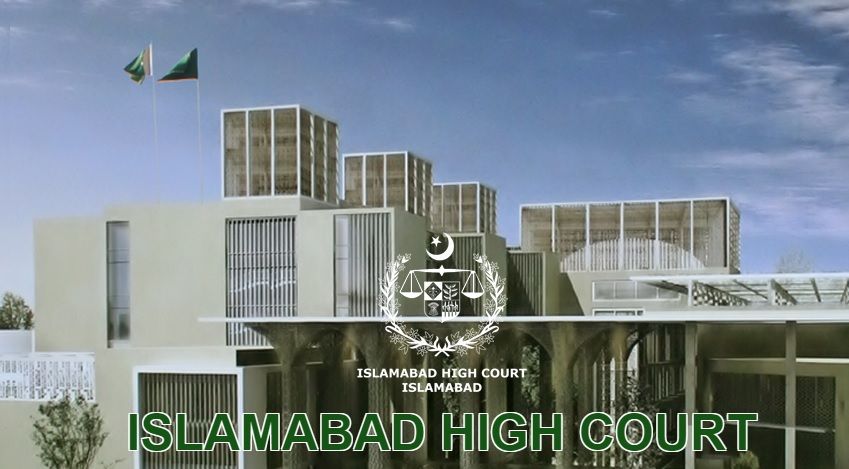The Exercise of Judicial Powers by Executive Magistrates in ICT Islamabad is Unconstitutional --- Islamabad High Court, Islamabad
Islamabad 20-09-2024: In a landmark decision, the Islamabad High Court has ruled that the exercise of judicial powers by executive officers within the Islamabad Capital Territory (ICT) is unconstitutional, reaffirming the constitutional principle of the separation of powers. The judgment, delivered by Mr. Justice Arbab Muhammad Tahir in response to a public interest petition [W.P. No. 1838/2024] filed by Advocate Luqman Zafar, directed the Federal Government to immediately issue the notification required to fully enforce judicial independence within the ICT.
The petition, brought by Advocate Luqman Zafar, argued that executive officers in the ICT were unlawfully exercising judicial functions, including conducting criminal trials and recording confessions, in violation of Article 175(3) of the Constitution of Pakistan, which mandates the separation of the judiciary from the executive. The petition also raised concerns that executive magistrates were not subject to the supervisory jurisdiction of the Islamabad High Court, as required under Article 203, and were acting outside the procedural framework set by the Islamabad High Court under Article 202.
The petitioner cited key rulings from the Supreme Court, including Sharaf Faridi Vs. Government of Sindh (PLD 1994 SC 105) and Mehram Ali Vs. Federation of Pakistan (PLD 1998 SC 1445), which prohibit members of the executive from exercising judicial powers.
The Islamabad High Court reiterated that the Constitution clearly provides for the separation of powers and that judicial functions must be exercised by independent Courts, not by executive officers. Mr. Justice Arbab Muhammad Tahir emphasized that Articles 175(3), 202, and 203 collectively ensure judicial independence and that any encroachment by the executive into judicial functions is unconstitutional.
The Court further noted that the right to a fair trial and access to justice, enshrined in Article 9 of the Constitution, is contingent upon impartial and independent Courts. The current system, where executive officers preside over trials and other judicial functions, undermines these constitutional protections.
A significant aspect of the judgment was the Court’s criticism of the Federal Government for failing to enforce the Code of Criminal Procedure (Amendment) Ordinance, 2001, which would have removed judicial powers from the executive in the ICT. The Court highlighted that more than 23 years had passed since the promulgation of the ordinance, yet the government had not issued the requisite notification to enforce its provisions in the capital territory.
Mr. Justice Arbab Muhammad Tahir declared this delay unconstitutional, stating that the 14-year period provided under Article 175(3) for the separation of the judiciary from the executive had already expired in 1987.
The Islamabad High Court issued several key directives:
- The Federal Government must immediately issue the notification enforcing the provisions of the 1st Amendment Ordinance, which would end the judicial powers of executive magistrates.
- Until the notification is issued, executive magistrates are restrained from passing final judgments in ongoing criminal cases.
- All pending cases under executive magistrates will be transferred to judicial magistrates once the notification is issued.
The Court clarified that its ruling would have prospective effect, ensuring that past and closed cases would not be affected.
This decision is expected to have far-reaching implications for the administration of justice in the ICT. Legal experts have hailed the judgment as a major step toward judicial independence in Pakistan. However, the ruling may also create short-term administrative challenges for the ICT, as hundreds of cases previously handled by executive magistrates will now need to be transferred to the judiciary.
In his concluding remarks, Mr. Justice Arbab Muhammad Tahir pointed out that any inconvenience caused by this transition was the responsibility of the Federal Government, which had failed to act on its constitutional duty for more than two decades.
This ruling marks a significant victory for those advocating for the full implementation of constitutional provisions guaranteeing the independence of the judiciary and is expected to set a precedent for other territories facing similar issues.
Powered by Froala Editor








